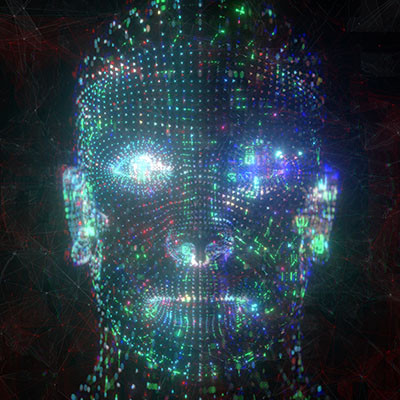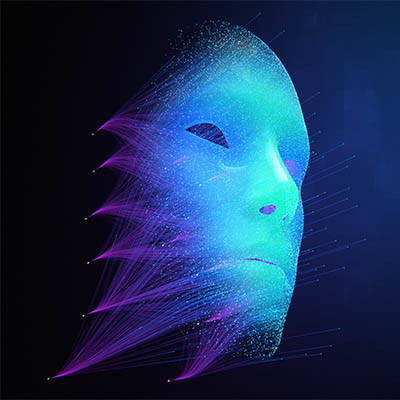Recently, artificial intelligence has become a widely discussed topic among businesses of all sizes. According to a Forbes survey, 97 percent of respondents see potential benefits in incorporating AI into their operations. Despite its pervasive integration into modern life, however, it's crucial to recognize that AI is a human creation and, as such, is susceptible to bias.
Osgood Unlimited Blog
Identity can be a complex thing to discuss, but in terms of security, it’s fairly straightforward. You either are who you say you are, or you’re not. With the metaverse taking off, individuals will need to be careful about how they are authenticating their accounts and identities, but what does this mean for businesses?
If Edgar Allan Poe worked in an office, here’s what one of his works would sound like:
True!—nervous—very, very dreadfully nervous I have been and am, but why will you say that I am mad? The office had sharpened my senses—not destroyed—not dulled them. Above all was my sense of hearing. I heard all things in heaven and on earth and many things in…the other place. So, how then am I mad, especially when I can so healthily and calmly tell you this story?
Per our role as cybersecurity professionals, part of our responsibility is to put the developing threats out there in the world into perspective for the clientele that we serve. After all, with so many modern threats seeming to border on science fiction, it is only natural for smaller organizations to assume that their size will protect them from such attacks through simple lack of interest—or even that such threats will never be used practically at any significant scale. Unfortunately, these assumptions are too often mistaken.






